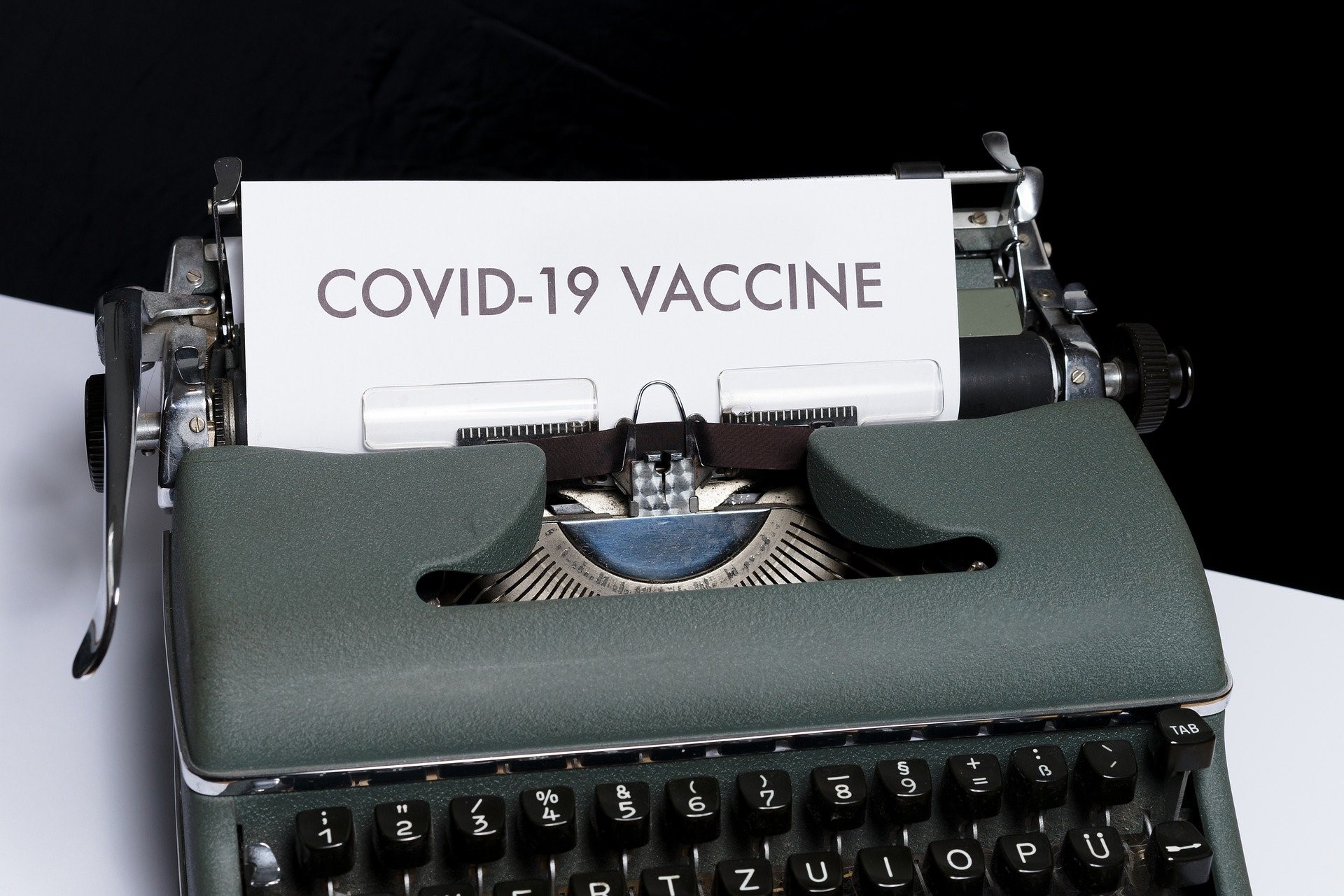On 9th November, the world received the news it has been eagerly awaiting: a coronavirus vaccine has been found. The German company BioNTech, in partnership with pharmaceutical giant Pfizer, claimed that the new vaccine will “bash the virus over the head” and is the key to ending the pandemic.
What’s remarkable about this vaccine is the speed at which it has been produced. Normal vaccine development can take up to ten years; moving through three phases of human trials of increasing length and size in order to test for safety and effectiveness. Initially, Covid-19 researchers aimed to reduce this to one and a half years – although they seem to have exceeded even their own expectations.
One of the reasons for this incredibly fast turnaround lies within the new technology behind the vaccine itself.
Most vaccines are made using an inactive form of the virus or a viral protein. This is injected into the patient but does not cause illness or symptoms. However, the resulting presence of the virus in the body activates an immune response, in which white blood cells produce particles called antibodies, that contribute to eradicating the virus from the body. Memory cells are also produced, which provide long lasting immunity from infection. Most of us have received many of these vaccines within our lifetime, from MMR to HPV.
The BioNTech/Pfizer Covid-19 vaccine is different since it uses genetic material called mRNA. Viral mRNA is injected into the patient and stimulates the body’s cells to produce viral proteins called antigens. These proteins are unique to the virus and usually protrude out of its membrane. When a virus enters the body, white blood cells recognise this antigen and produce an immune response. The antigens produced by the viral mRNA provoke the same response. Like the standard vaccine, an mRNA vaccine leads to the production of memory cells and long-lasting immunity. The Covid-19 vaccine is the first mRNA vaccine of this kind and represents a step into a new era of science technology.
But why use an mRNA vaccine over a tried and tested conventional one? Well, speed of production isn’t the only advantage of this emerging new technology. The vaccine can be produced entirely synthetically without the need to come into contact with the virus, which offers a more flexible approach to tackling pandemics of quickly mutating viruses. For example, the influenza virus has many different strains and producing these strains in the lab can take many months; the use of mRNA can dramatically accelerate this process.
Whether these manufacturing benefits are reflected in the effectiveness of the vaccine remains to be seen, but appears to be 90% effective at preventing Covid-19 infection in global human trials. It will likely have side effects, as every form of therapy does, but it is arguably safer since no patient will have to come into contact with the actual virus at any point, possibly opening the door for immunocompromised individuals to gain protection from coronavirus.
After reportedly buying up to 40 million doses, the UK government now faces the new challenge of successful administration of the vaccine to the public. Experts have said that it is essential that the government doesn’t “screw up” distribution and a new interim report has briefly outlined the priority groups in line to receive it. As expected, the older you are, the sooner you will receive the vaccine, while students, understandably, sit near the bottom of the pecking order.
The BioNTech/Pfizer vaccine might not be alone for much longer. On 16th November, US company Moderna, announced that their vaccine was 95% effective at preventing coronavirus infection and they plan to apply to regulators in the coming weeks. UK based companies GSK and Oxford-AstraZeneca also expressed that they are hoping to begin the manufacture of their own vaccines in the first half of 2021. This only adds to growing confidence that vaccines will bring an end to the pandemic.
However, with all this good news, it is important not to become complacent as we enter the last couple of weeks of lockdown. Professor Susan Michie, of the Scientific Advisory Group for Emergencies (SAGE), has said that the vaccine will make no difference to the current surge of coronavirus cases and the public must avoid breaking the rules to increase the chances of a fairly normal Christmas. Although the Prime Minister has said that the current restrictions will “expire” next month, we are unsure as to what route the government will take next. Therefore, it is more important than ever that everyone goes about their lives as safely as possible, until the vaccine can be distributed on a larger scale.
By Catherine Upex
Header image: viaramy/Pixabay

